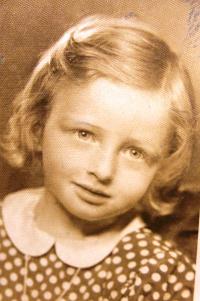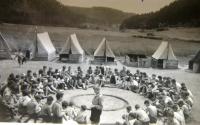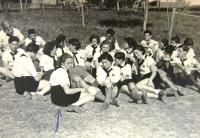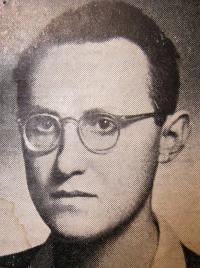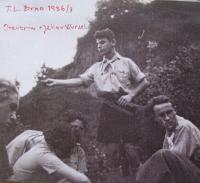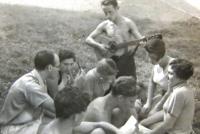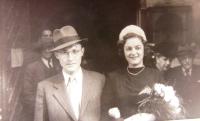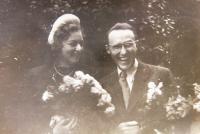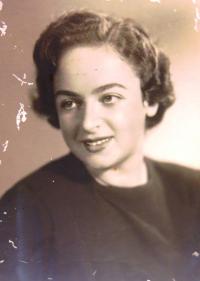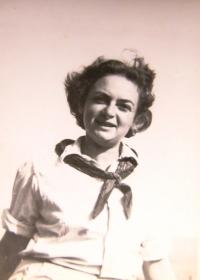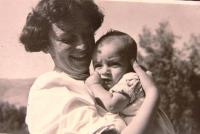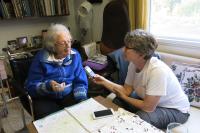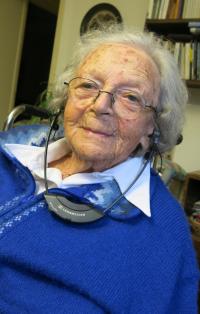Our parents became Zionists thanks to us
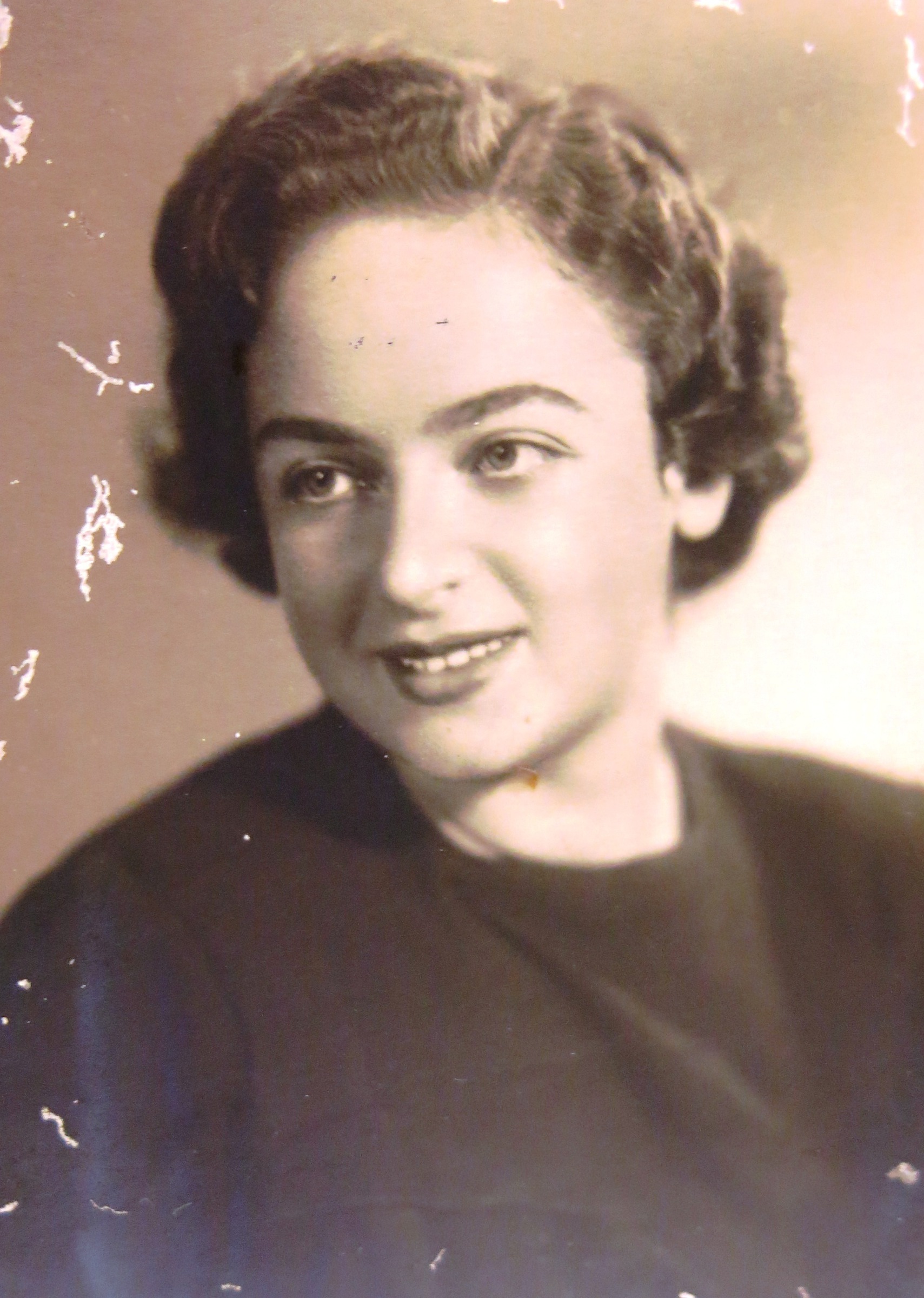
Download image
Elisheva Gidron was born on 4 December 1920 in Vienna as Elisabeth (Lisa, Alžběta) Kummermann. She comes from a Jewish family; she had an elder brother, Herbert. Her father was a mechanical engineer, and his job made the family move to Štěpánovice near Olomouc in 1926. In 1932 the Kummermanns moved to Karlovy Vary, but after the Sudetes were annexed they withdrew to Prague in October 1938. The witness was barred from finishing grammar school, in 1940-1941 she worked at the House for the Mentally Ill in Hloubětín. In September 1942 she was deported to the Terezín ghetto, where she worked as a governess in a house for girls aged thirteen to fifteen. In October 1944 she was taken to Auschwitz, where she stayed for about four weeks before being chosen for the labour camp in Zakrze-Kudowa, an auxilliary of Gross-Rosen. She was liberated in Kudowa in April 1945. She returned to Prague, where she met Jakov Wurzel, a member of the Zionist movement Tchelet Lavan, whom she had first met in Terezín. They married in May 1945. Her husband died soon after the wedding, and after his death the witness emigrated to Palestine in April 1946 - following her brother’s emigration in 1938 and her parents’ also. She lived in the kibbutz of Neot Mordechai and later in the kibbutz of Sde Nechemya. Elisheva Gidron has three sons, she is a widow, and she lives in Sde Nechemya.
